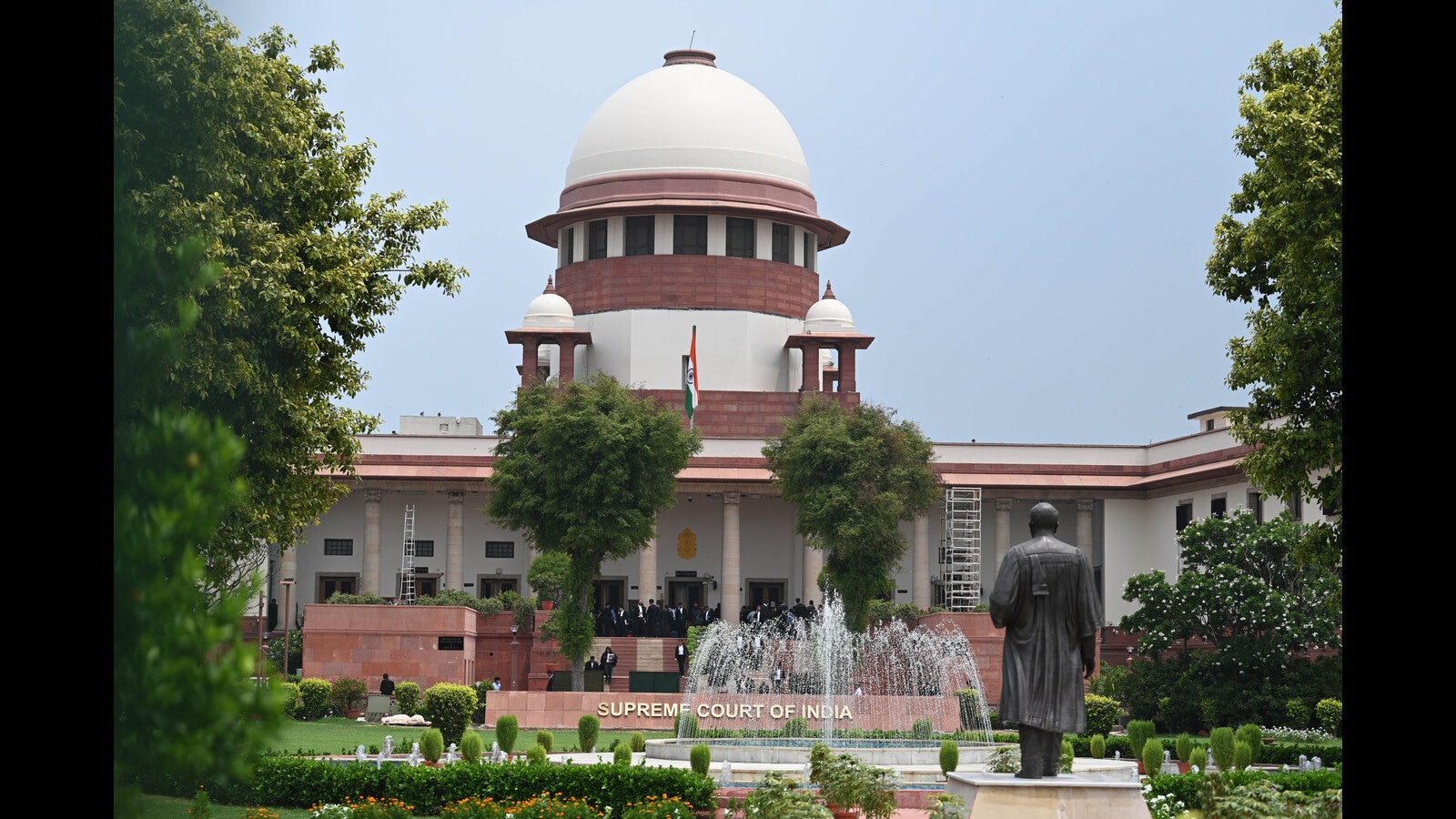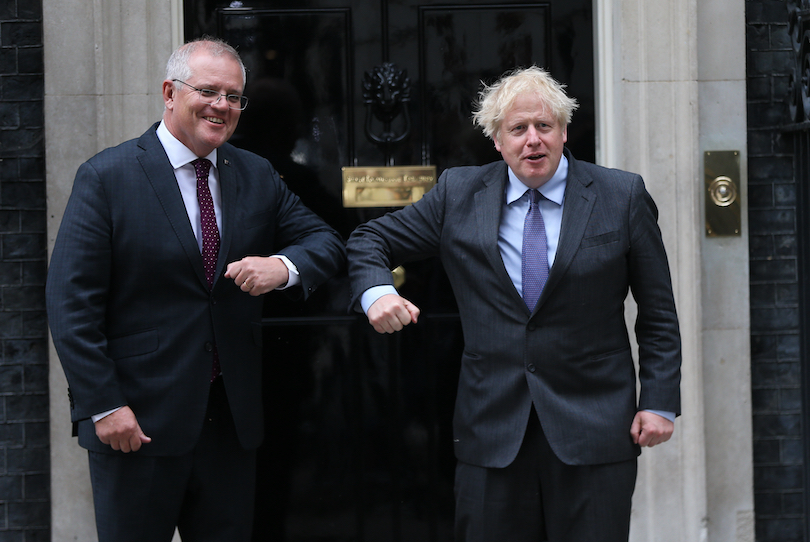That over a hundred people—adults and children—can lose their lives simply by getting onto a just-repaired walkway over a river is the stuff of nightmares. That such a tragedy came to pass in Morbi, Gujarat, on a clear windless day without a natural disaster in sight is a stark failure of governance. Several questions surround Sunday’s collapse of the century-old suspension bridge. How was it reopened after seven months of repair without a safety clearance, as the municipality said it was? How can municipal authorities justify being in the dark about the privately-held Oreva Group’s invitation of such a disaster? Why were more than 300 people allowed to throng a structure that had the capacity to hold half that number? Nine people have been arrested in the case, including managers, ticket-sellers and guards who were perhaps tasked with crowd control. Surely, the buck cannot just stop there. An FIR has been filed against unnamed “agencies responsible for maintenance and management”, charging them with culpable homicide not amounting to murder, and not just criminal negligence. The administration is right to have invoked serious charges. But the question is: Will it turn its scrutiny inwards? And will those responsible finally pay? India’s record on punishing deadly negligence does not hold out hope. But something major needs to change in favour of safety.
Everyday life in our cities and towns is booby-trapped with disaster. People fall into open manholes in flooded places, or are killed in brushes with live wires. Roads pockmarked with potholes routinely cause death and injury. Earlier this year, 27 people died in a blaze at an illegal factory in Delhi; reports suggest it had only one exit. Two years ago, a foot over-bridge at a busy railway terminus in Mumbai crashed, killing six people. The 2016 flyover collapse in Kolkata killed 27. While the death of businessman Cyrus Mistry led to welcome vigilance on rear-seat belts, the faulty highway design that was largely to blame for the accident didn’t stir authorities into action. The list goes on. There is little accountability for the sins of omission and commission that enable such fatalities. Those responsible are rarely punished. The state’s ability to enforce rules is not just suspect, negligence is endemic to urban governance. Often, it’s down to a morbid mix of fatalism, impunity and corruption. It’s no secret that politicians, builders and officials frequently collude to deliver shoddy public infrastructure.
Some jurists have called for “accountability jurisprudence” so that those responsible—the state, followed by private contractors—are pushed to enforce basic safety norms. Could that mean legislating harsher punishment for culpable negligence? But even the stiffest laws are defeated by a system that is not invested in accountability, one that would rather look for scapegoats than learn how to lower mortality. Some argue that it’s not just those who govern us who are guilty of callousness; reckless citizens can endanger others. True, in many ways, we pose ourselves a menace with our attitudes. Yet, that doesn’t take the state, whose job it is to keep us from harm in public spaces, off the hook. Life does not have to be this cheap in India. For that to change, there must be a systemic will to implement laws. For a lasting transformation, we should also crack down on a broad culture of laxity, no matter how hard this is. We need an awakening across the country’s administrative apparatus.
Download The Mint News App to get Daily Market Updates.
More
Less















